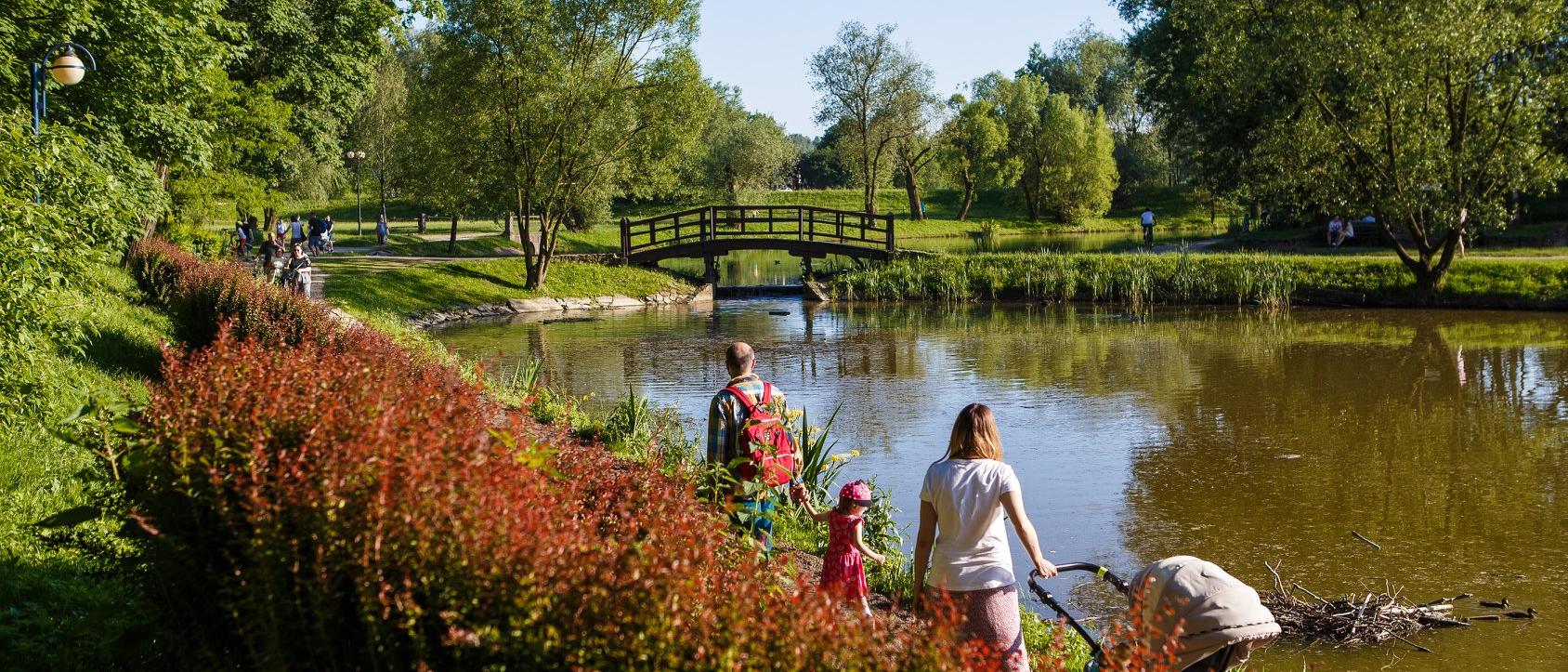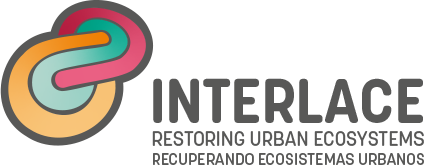
Explore the next INTERLACE city:
Main characteristics
Metropolia Krakowska (Kraków Metropolis) in Poland was created in 2014 as a cooperation platform for Kraków (800,000 inhabitants, 324 km2) and its 14 surrounding municipalities (a combined population of 200,000 inhabitants and an area of 951 km2). Metropolia Krakowska coordinates a number of metropolitan tasks, including those relating to environmental and ecological issues.
Key challenges
New housing areas and the development of transport infrastructure are fragmenting and degenerating local ecosystems, threatening the continuity of ecological corridors and limiting the access of residents to areas of recreation.
Established foundations
Metropolia Krakowska serves as a platform to integrate activities for sustainable urban planning and the protection of urban green space and ecosystems, while preserving the strong role of local communities and governments. To this end, Metropolia Krakowska applies the concept of “the Metropolis of Standards”, a tool to develop the strategic framework for governing the region. This approach incorporates the development of strategies in key thematic areas and linking these to strategies and actions at the municipal level. Metropolia Krakowska collaborates with universities and NGOs to develop and implement best practice principles in strategic documents and municipal policies. It has already developed concepts to apply nature-based solutions for sustainable stormwater management in the new transport infrastructure investments.
Focus in INTERLACE
The INTERLACE project activities in Metropolia Krakowska will focus on the 14 smaller municipalities surrounding Kraków, rather than the metropolitan city itself. Through its participation in INTERLACE, Metropolia Krakowska is keen to gather experience and good practice for protecting, restoring and managing the urban ecosystems. The association wants to verify and develop the existing tools and instruments in its practice and include the citizens, local authorities and all other stakeholders in participatory processes of urban ecological restoration and management.
